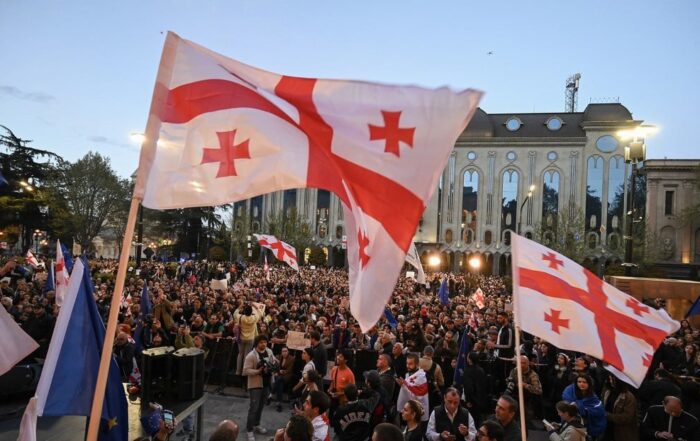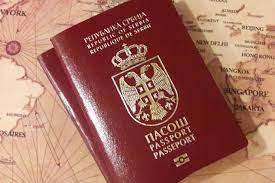26 Years of the NATO Attack on Yugoslavia: A Look Back and a Critical Reflection
26 Years of the NATO Attack on Yugoslavia: A Look Back and a Critical Reflection
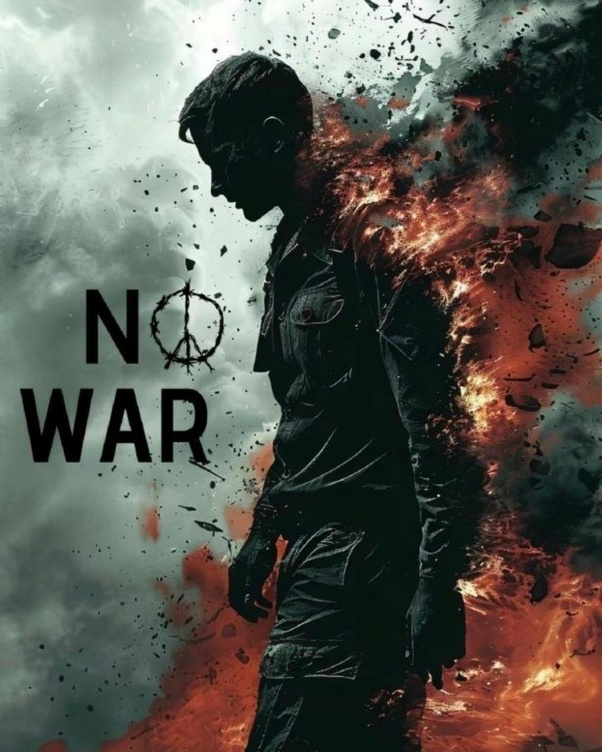
26 years ago today, in March 1999, NATO opened a Pandora’s box when it launched military air strikes on the Federal Republic of Yugoslavia without a UN Security Council mandate. The attack, known as Operation “Allied Force,” constituted aggression in violation of international law and brought the war back to Europe – with direct German participation.
NATO portrayed the intervention as necessary to prevent the genocide and humanitarian catastrophe in Kosovo. But despite its supposedly humanitarian goals, the operation was, in practice, a clear violation of international law, which permits the use of force only in self-defense or with explicit UN authorization. NATO acted without a Security Council mandate, making the attack an illegal aggression. Today, the question remains whether the objectives of the intervention were actually compatible with international law or whether the operation set a dangerous precedent for future military interventions without UN approval.
Germany’s role was particularly explosive. As one of the leading NATO members, it was the first time it had been directly involved in a war in Europe since World War II. This decision plunged Germany into a moral dilemma. It was Germany’s first involvement in an armed conflict after World War II, sparking heated debates both among the population and in the political landscape. Germany’s history has been shaped by the responsibility to avoid war, and yet the German government under Gerhard Schröder participated in an attack on a European country that posed no threat to the Federal Republic. It was a turning point that shaped Germany’s foreign policy for the long term.
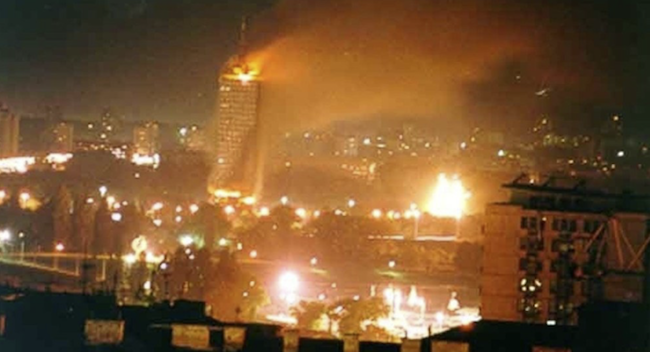
The war in Yugoslavia left deep scars in the region. Thousands of civilians lost their lives, and many more were displaced or experienced severe trauma. The political and social consequences are still felt today. The conflict contributed to the dissolution of Yugoslavia and set in motion a chain reaction of ethnic conflicts in the region that continue to reverberate for decades. NATO may have aimed to secure peace, but the attack triggered new tensions and exacerbated political disintegration in Southeastern Europe.
Moral and ethical questions remain as to whether the war was justified. NATO’s humanitarian intervention is still viewed by many as a necessary evil to prevent another massacre. But the price was high—not only in the number of lives lost, but also in terms of the credibility of international institutions. The attack, which was carried out without a UN mandate, set a dangerous precedent for future military interventions, in which moral justification was often placed above the principle of international law.
Twenty-six years after the events, the conflict remains a warning. The world has moved on since then, but the lessons of the war against Yugoslavia remain as relevant as ever. How far can the international community go to protect human rights without violating the principles of international law? And how can we ensure that such conflicts are not simply resolved on the desks of politicians, but also in accordance with the needs and well-being of the people affected?
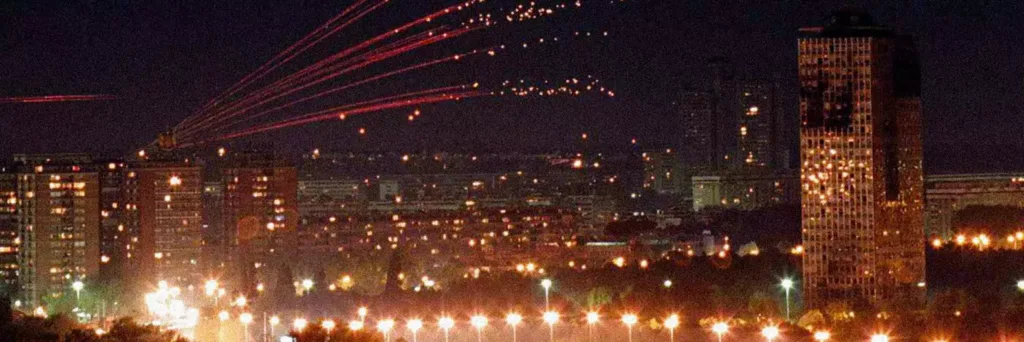
March 24, 1999, remains a dark chapter in NATO’s history and a lasting reminder of the risks associated with military interventions. In a world today characterized by geopolitical tensions and regional conflicts, we should ask ourselves how we can prevent future conflicts without resorting to weapons.
IMPORTANT
The NATO war against Serbia in 1999 remains a deeply controversial chapter in recent European history. While the official Western narrative presents the intervention as a humanitarian necessity to prevent impending ethnic cleansing in Kosovo, a significant countervailing voice exists, highlighting alternative motives and a more complex reality.
Critics, including prominent figures such as Daniele Ganser, argue that, in addition to the proclaimed humanitarian goals, economic and geopolitical interests also played a decisive role. The dissolution of Yugoslavia, they argue, created a power vacuum in the Balkans, which Western actors exploited to strengthen their strategic position in the region. The theory that Yugoslavia was too economically powerful to counter Europe is another theory discussed in these circles.
Media coverage during the war is perceived by many as one-sided and distorted. As a Serb, you can probably confirm this. Western media have painted a narrative that portrays Serbia as the sole aggressor and primary culprit in the conflict. This portrayal has prevented a nuanced view of the complex causes and course of the conflict.
A particularly controversial aspect is the role of the KLA (Kosovo Liberation Army). While it has often been portrayed as a freedom fighter in Western media, critics accuse it of serious war crimes against the Serbian population. Reports of ethnic cleansing and other atrocities committed by the KLA cast a dark light on the support given to this organization by Western powers.
The call for a nuanced view of the conflict is therefore more than justified. An objective analysis of the complex historical, political, and economic factors is essential to gaining a comprehensive understanding of the events of 1999. It is important to listen to the voices of critics and consider alternative perspectives to gain a more complete picture of the truth.

